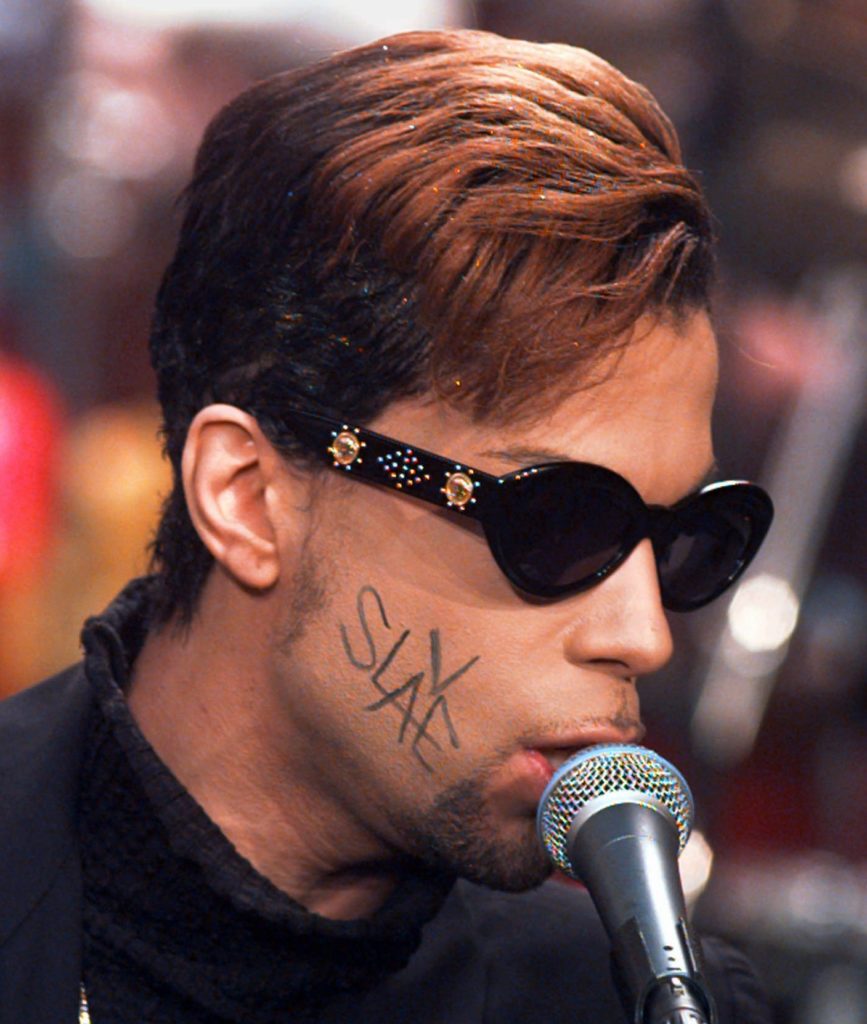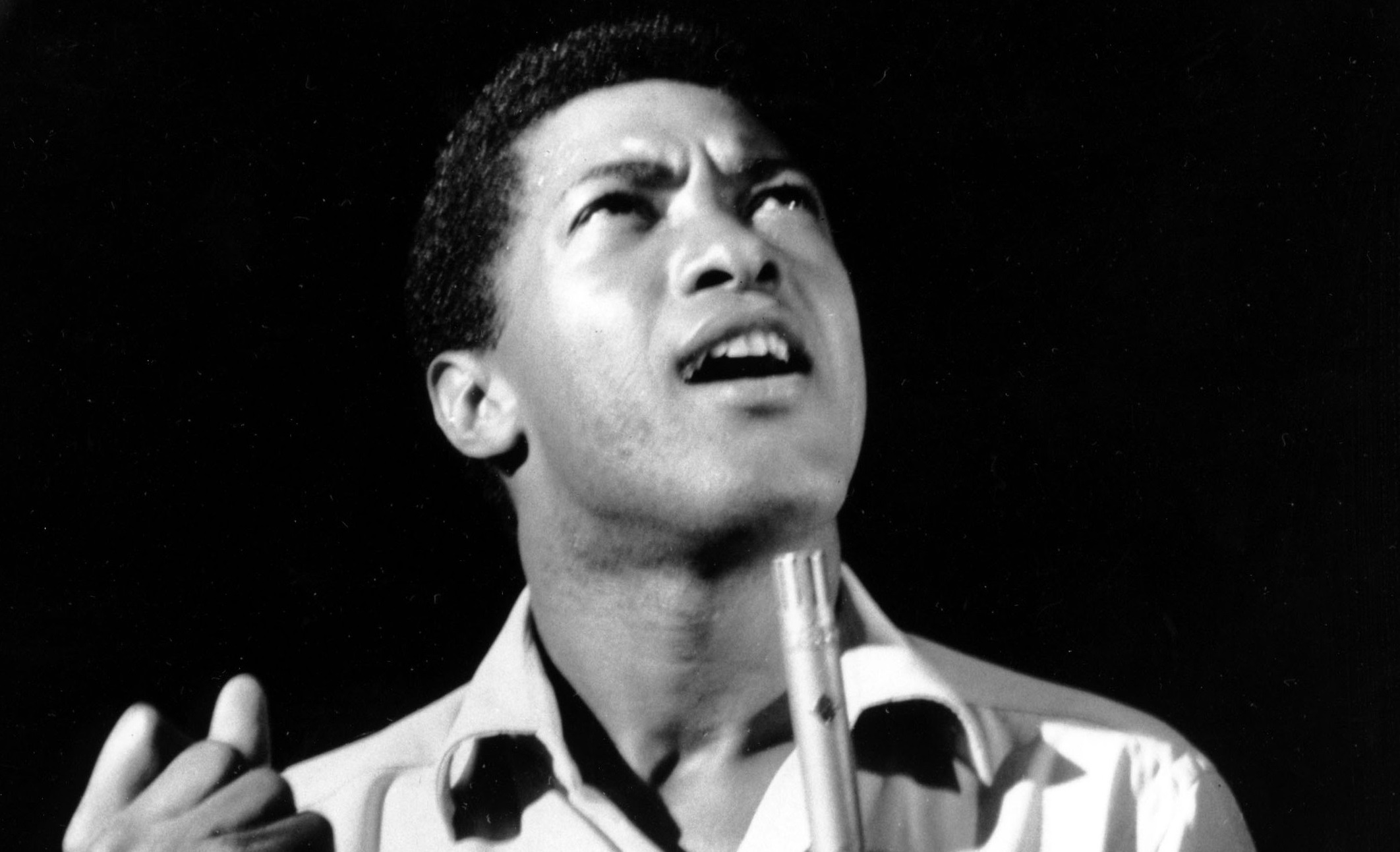Artists Who Fought For, and Won, Ownership of Their Work
Michael Jackson
It is notable that Michael Jackson changed the game by being the first African-American artist to have their music video aired on MTV; but did you know that MTV initially rejected “Billie Jean”, claiming it “doesn’t fit” onto the network (to which the audience was majority white, affluent male). Walter Yetkinoff, CBS Records President advocated for MJ, negotiated to pull all CBS record videos from MTV if “Billie Jean”, alarming MTV the risk of losing money due to its exclusionary format. Thus, they allowed “Billie Jean” to be aired, thereafter breaking sales records with “Thriller” album. Today, we remember MJ as one of the pioneers that paved the way for artists of color to be featured on MTV in the years that came that led to today.
Throughout Jackson’s career, he sought complete ownership of his master recordings to avoid potential exploitation of artists’ rights. When Michael met Paul McCartney during their music collaboration days, Jackson learned the lucrative reality of music publishing rights, then shelled out $47.5 million to buy a publishing catalog that bought out the catalog, forming the joint venture Sony/ATV.
Most soul artists were not being compensated their worth, including Little Richard. When MJ bought the publishing rights to the ATV catalog, he was unaware that it included all the rights for Little Richard’s publishing. Thus, he gave Little Richard all of his publishing rights back because he believed that he deserved to be compensated for his hard work after having been disrespected by his record label for so many years prior.
Prince
The legendary Prince was a trailblazer and champion, as he also conducted a battle to control ownership of his own music and fought for artists’ rights. His first and most known bout was with Warner Bros. Essentially, Prince wanted to release his music whenever the urge struck him, but Warner Bros. insisted in waiting to release the music based on hit-making strategies to enhance profit from the albums and records. Because Prince was signed to the record label, Warner Bros. controlled, rationed, and edited his work under their terms instead of his own creations.
As an act of resistance and raising awareness, Prince protested by changing his name to an unpronounceable glyph in 1993 and appeared in public with “slave” written on his cheek in various public events and occasions. He was then released from the record label in 1996, so he created his own, NPG Records, giving him ownership of his masters and controlling how and when the music is distributed.

He demanded and received complete artistic freedom. Prince was the first to sell albums directly to his fans and in the time frame he wanted. For him, it was never about making money.
”The music, for me, doesn’t come on a schedule,” he says in a New York Times interview in 1996. ”I don’t know when it’s going to come, and when it does, I want it out. Music was created to uplift the soul and to help people make the best of a bad situation. When you sit down to write something, there should be no guidelines. The main idea is not supposed to be, ‘How many different ways can we sell it?’ That’s so far away from the true spirit of what music is. Music starts free, with just a spark of inspiration. When limits are set by another party that walks into the ball game afterward, that’s fighting inspiration.”
Other Artists who Obtained Ownership of Master Recordings and of Record Labels
In the music world, most old school labels were owned and operated by non-musicians, until Sam Cooke founded SAR Records in 1959, and became the first major Black artist to start his own independent record label. This revolutionary achievement was bold and far from easy. Singer-songwriter Curtis Mayfield was inspired by Cooke’s entrepreneurial spirit and set up Curtom Publishing and Curtom Records in 1960 and 1968 respectively. The achievements of SAR Records, Curtom Publishing & Records, Paisley Park, etc., shine upon a the struggle against the institutionalized racism of the music industry, and helps reconstruct it to reflect the artists’ terms. Cooke and Mayfield set the stage for other Black artists to establish music ownership on their own terms, even until today with Anthony Tiffith and Jay-Z as only two of the several exemplary Black creatives that own a record label.
View this post on InstagramA post shared by AURN pronounced \Ā\YÜ\ÄR\EN\ (@aurnonline) on
Anthony Tiffith, also known as Top, has seen his label grow into one of the most important independent label in Hip-Hop, as it provides a balance of artistic integrity and economic success. Jay-Z faced plenty of struggles and made numerous sacrifices in his lifetime, but he has risen to his success as an entrepreneur, businessman, and artist that owns his own entertainment company, Roc Nation. He is now pronounced as Hip-Hop’s first billionaire!
On Music Ownership and Challenges Faced by Female Artists
As we reflect upon the achievements that Black male artists and entrepreneurs have attained, we must also reflect on our resilient Black female artists that the music industry has failed to protect and honor. A prime example of such artists is Lauryn Hill. Initially a member of the groundbreaking hip-hop trio, The Fugees, Hill broke out on her own to create The Miseducation of Lauryn Hill, now considered one of the greatest Hip-Hop albums of all time. This five-time Grammy award-winning album is known for its themes of pain, empowerment, uplifting, and motherhood from a Black woman’s perspective.
Hill spent years defending her artistry as her music ownership was questioned and stripped away by various men. With her alleged affiliations with former group member Wyclef Jean, she was lauded with criticisms about her integrity as a woman but also as an inferior artist. However, she was determined to establish her own career as a solo artist, but was soon after receiving backlash, which put an immense amount of pressure on her life. Hill faced being discredited and critiqued over ownership of her project, and even faced a lawsuit in 1998 that claimed she stole a producer’s music for Miseducation. Ms. Lauryn Hill spent years defending her artistry. Similarly, other female artists such as Martha Wash, Aaliyah, Darlene Love, and TLC did not receive credit they deserve.
Not all hope is lost, as today, there are female artists that have been breaking ground and barriers for women to achieve music ownership. Rihanna, recently named the world’s richest female musician, landed her first record deal with Def Jam Records in in 2004, but owned all the rights to all of her musical recordings and releases. In 2014, she decided to not renew the contract and formed her own vanity label, Westbury Road Entertainment. Thus, she now functions independently with her own team and owns her master recordings. Similarly, Young M.A., the only female solo artist to land a top 10 single on Billboard’s R&B/Hip-Hop Chart in 2016 is independent of record labels. She doesn’t feel the need to rush to label companies as she is confident with her own team.
When Black women claim ownership, assert their rights, and reject oppression, they face various repercussions that would not otherwise be imposed on other artists. Still, as many female artists portray, our women rise to the challenge and radiates their resilience through it all.
Black Ownership Beyond Music
Nipsey Hussle
Every person that knows and love Nipsey Hussle recognizes and honors him for not only his talents as an empowering artist, but also someone that invested and never neglected his community. Hussle was and always will be the leader of the movement that creates opportunities for Black lives to benefit economically from the system that has disadvantaged them since the establishment of America.
Nipsey Hussle promoted investment in the Black community and Black ownership in every sense. He rapped about it, talked about it in radio interviews, and he put it all into action. Before his death, he was working to revitalize the community with real estate developments, including bringing back Black-owned businesses and jobs to South Central LA. He was spearheading Destination Crenshaw, a 1.3 open-air museum that is meant to preserve and showcase Black culture essential to the community in response to LA Metrolink’s decision to build a new transit line through the area. Hussle also bought out a mall to build housing to counter gentrification and create spaces for marginalized citizens of South Central to call home.
Among the very many actions that Nipsey has done for his community, he created an investment fund that crowdfunded from each community and give the residents ownership stake in the projects that are done in the neighborhood. According to real estate developer, David Gross, Hussle planned to develop and share this ownership model to “every large, majority Black city to, in a systematic way, acquire and develop transformative projects.” Nipsey Hussle went beyond his music to stand up for black rights and black lives, and for that, we are forever inspired.




